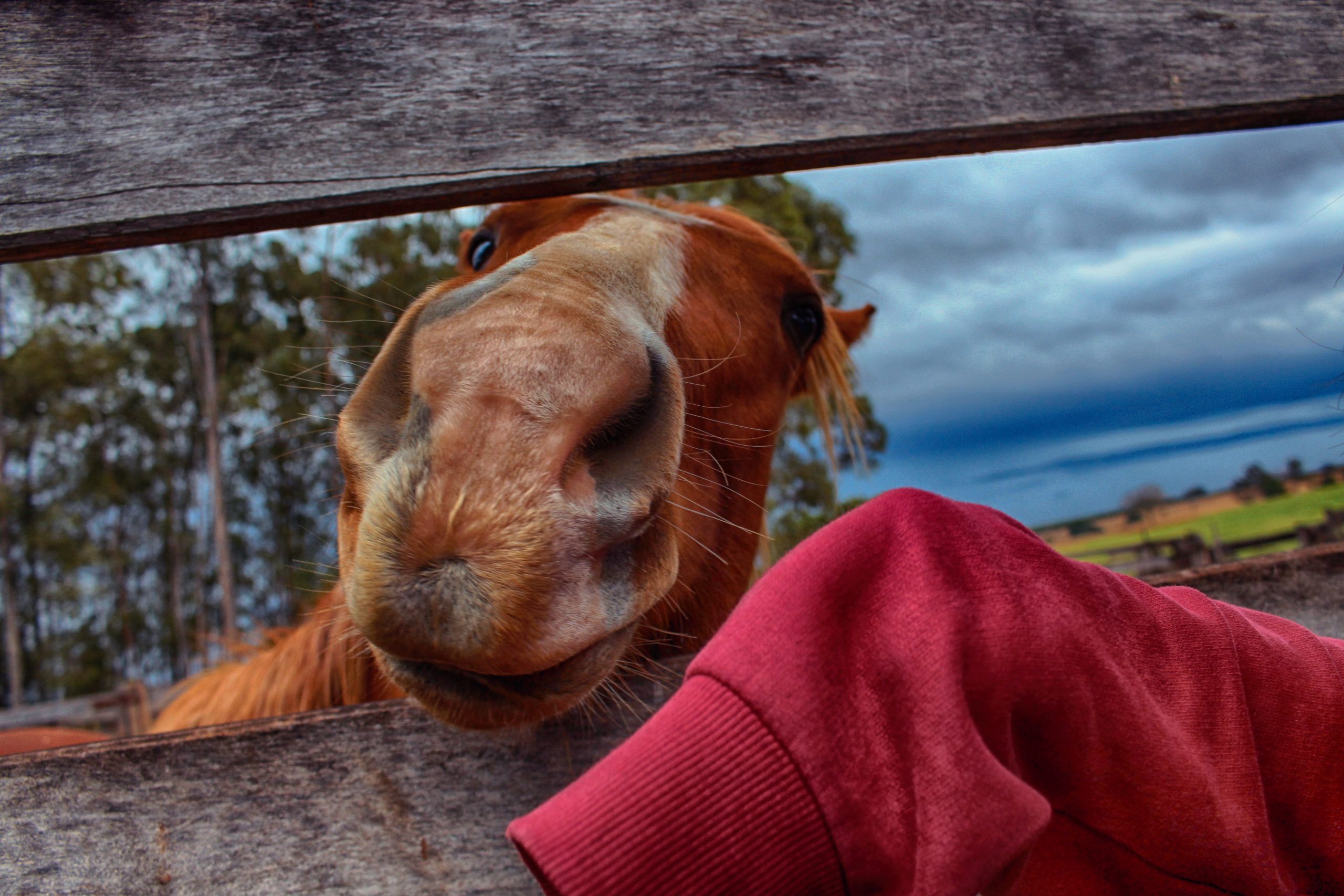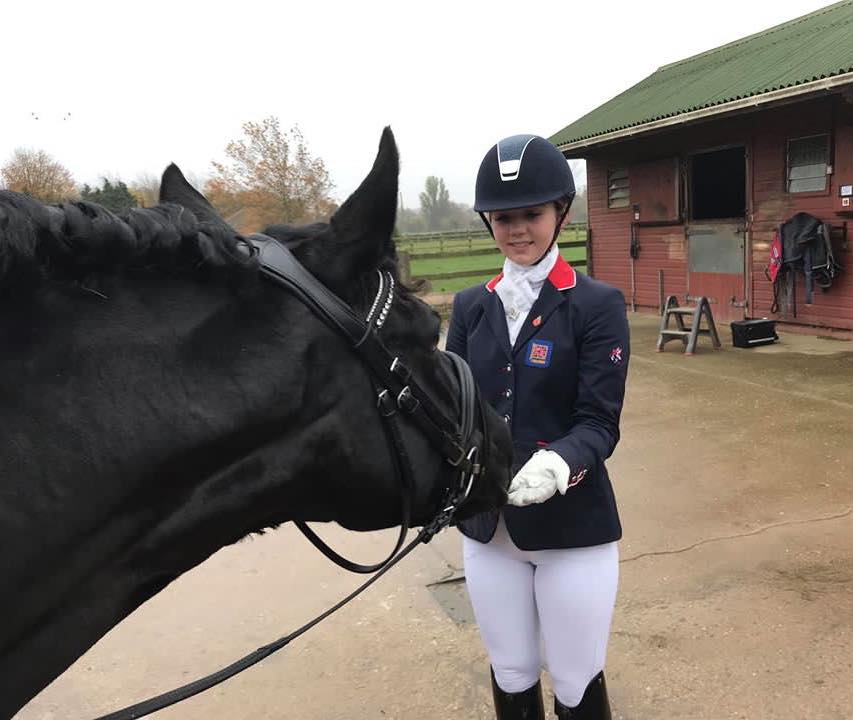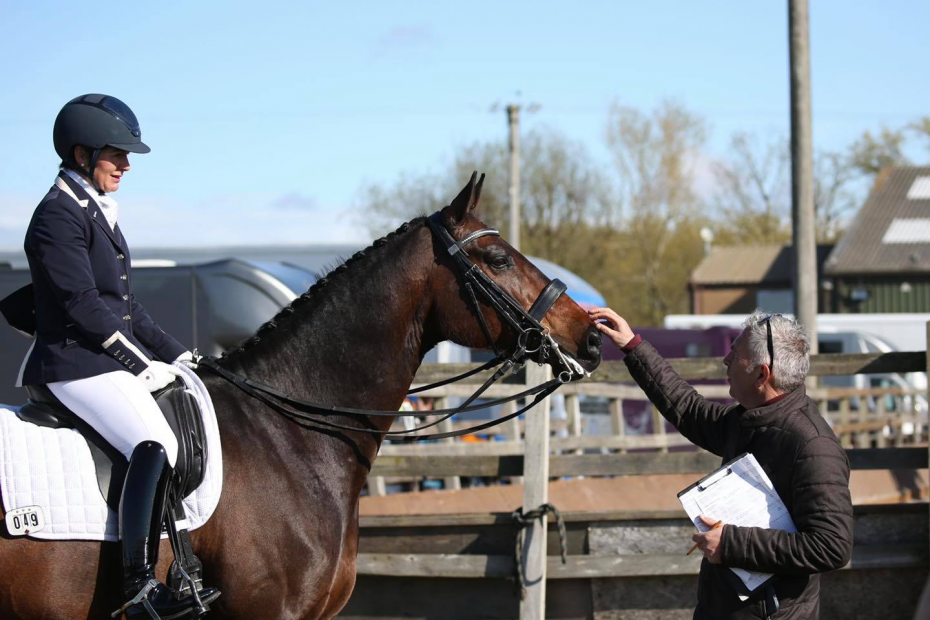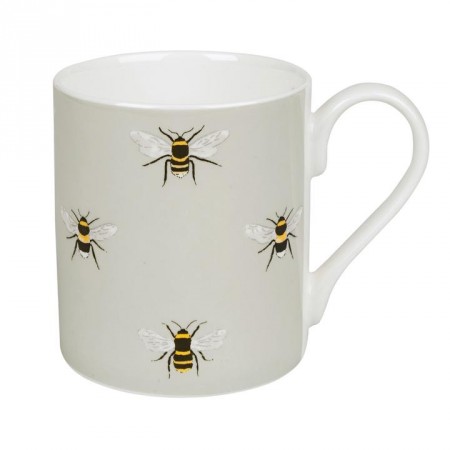They say that fitness is 80% nutrition, 20% exercise and diet is no less important for your horse! It is vital to ensure that you are feeding your horse what they need in order to survive and thrive, rather than following the trends. What has worked for others might not necessarily work for your horse so make sure that your horse is benefitting from the diet you have chosen. In order to make sure that your horse is benefitting from the diet you feed them, it is important to understand how their diet can affect their behaviour and performance…
/*! elementor – v3.6.4 – 13-04-2022 */
.elementor-heading-title{padding:0;margin:0;line-height:1}.elementor-widget-heading .elementor-heading-title[class*=elementor-size-]>a{color:inherit;font-size:inherit;line-height:inherit}.elementor-widget-heading .elementor-heading-title.elementor-size-small{font-size:15px}.elementor-widget-heading .elementor-heading-title.elementor-size-medium{font-size:19px}.elementor-widget-heading .elementor-heading-title.elementor-size-large{font-size:29px}.elementor-widget-heading .elementor-heading-title.elementor-size-xl{font-size:39px}.elementor-widget-heading .elementor-heading-title.elementor-size-xxl{font-size:59px}
The Beginners Guide to Horse Diet 5 Considerations
/*! elementor – v3.6.4 – 13-04-2022 */
.elementor-widget-image{text-align:center}.elementor-widget-image a{display:inline-block}.elementor-widget-image a img[src$=”.svg”]{width:48px}.elementor-widget-image img{vertical-align:middle;display:inline-block} 
Before we get into the nitty-gritty of how diet can affect your horse’s behaviour and performance, these are 5 fundamentals to consider when evaluating the diet of your horse:
1. When introducing new supplements or changing the diet of your horse, try to emulate what a horse’s natural diet in the wild would be. This should consist mainly of grasses and grains.
2. Remember that just like people, all horses are different so there is no one-size-fits-all approach to feeding your horse.
3. The wrong diet can make your horse hyperexcitable, so look out for this warning sign when making changes to what you feed your horse.
4. If your horse does not respond to a product which has been trending as excellent for performance, do not continue to use this. The welfare of your horse is paramount and no product will be perfect for every horse.
5. When changing your horse’s diet and trying out a new feed, make sure you are hyper aware of how your horse reacts and monitor their behaviour and performance.
The Beginners Guide to Horse Diet, Horses and Hay
The next part of the beginners’ guide to horse diet covers your horse and hay because, for many horses, hay is a staple part of their diet. Your horse should be eating a minimum of around 1-1.5% of their body weight in forage (including hay) per day, which is roughly 10-15 pounds for a 1000 pound horse. Rather than always feeding your horse the same kind of hay, incorporating different types of hay into their diet can be beneficial for your horse. If you are a beginner to horse diet, we also recommend slow-feed hay nets and hay feeders which can prolong the forage meal and have been seen to mimic a more natural habitat for horses to feed in.
How Diet Affects your Horses Behaviour and Performance
As well as hay, it can be beneficial for your horse’s behaviour and performance to incorporate additional foods into their diet. Molasses can be a good source of carbohydrates for your horse because they do not cause the same spike in glucose as with other grains such as corn and can help to reduce field bolting. Higher fat rations can have a beneficial impact on the performance of your horse and the condition of their body. Incorporating higher fat rations into the diet of your horse can also be beneficial in levelling the behaviour of your horse.
Supplements can also be beneficial for your horse’s behaviour and performance. The NAF Essential Balancer provides the basic essentials for all horses at any level and so is a great supplement to try incorporating into the diet or your horse. The Animalife range is also great for joint support for your horse. Magnesium, included in the Animalife range, can also help to destress your horse due to its calming properties which can be beneficial for both the behaviour and performance of your horse. Another supplement that can help to keep your horse calm is B-vitamin which keeps your horse calm without having toxic effects, you can incorporate B-vitamin into the diet of your horse with Animalife Vetrocalm Growing.
Horse Diet, Behaviour and Performance – The Horse Diet Guide for Beginners

The diet of your horse can be closely linked to their behaviour and performance, so it is important that you are feeding your horse what they need. Every horse is different so it is important to research and read about new feeds and supplements before introducing them into your horse’s diet, to establish which is most suitable for your horse.
Sophie Allport

